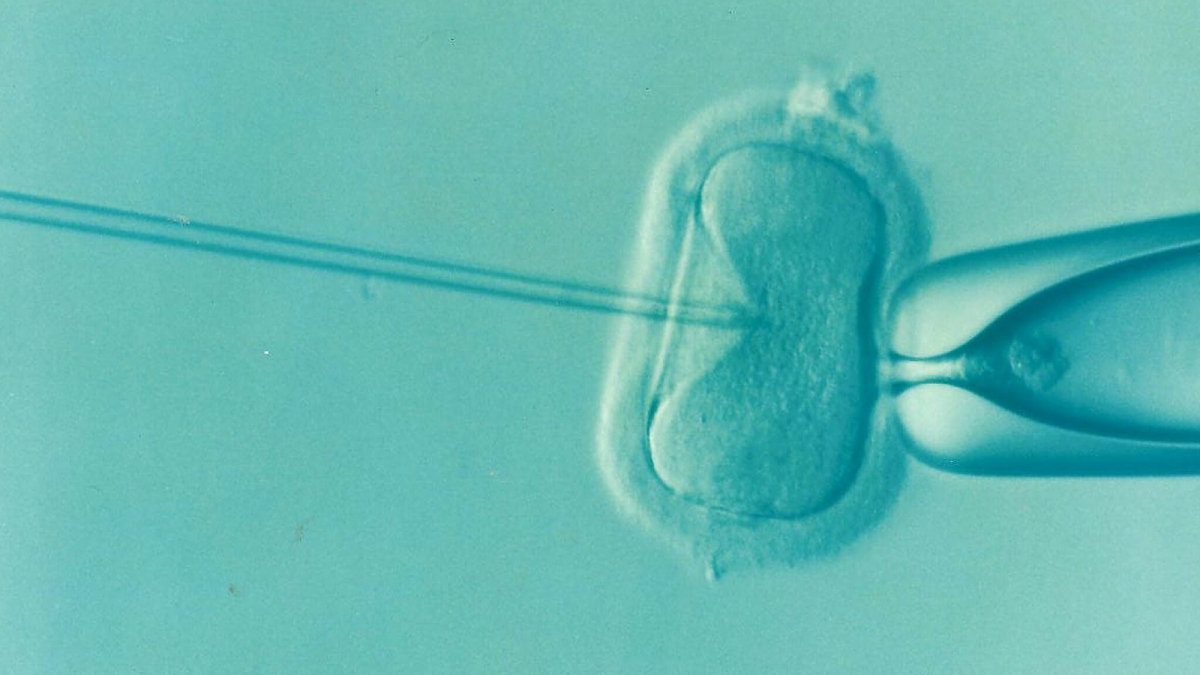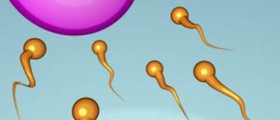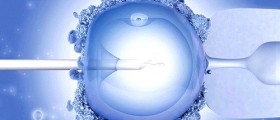An analysis of 46 studies about fertility treatments concluded that IVF babies are up to two thirds more likely to suffer from birth defects. Researchers from Nanjing Medical University in China weren't sure if the increased risk was due to the fertility treatments themselves, or if they were connected to the underlying reason of the parents' infertility.

"Children conceived by IVF and/or ICSI are at significantly increased risk for birth defects, and there is no risk difference between children conceived by IVF and/or ICSI," the researchers declared. ICSI, or intracytoplasmic sperm injection, is an advanced form of IVF in which one single sperm is injected into an egg in a lab setting for instance because the father has a very low sperm count.
The study looked at more than 124,000, some of which were conceived with IVF, and others of which had the help of ICSI as well. The authors said that the risk of birth defects applied throughout the body. The skeleton, digestive system, nervous system, and genitals were all more likely to have abnormalities.
What's not clear is why these birth defects are more likely to appear. Some say that the drugs involved in the IVF process, and the "rough handling" of embryos could be involved. Others say that the answer is hidden somewhere within the parent's genetics, and that the same thing that caused infertility may also be responsible for these defects.
Those who are interested in reading the full study can find it in the journal Fertility and Sterility. If you are considering fertility treatments to become a parent, this should be especially interesting to you. Talking to your doctor about these risks is a good idea, before you commence IVF. And, once born, IVF children should receive more rigorous medical monitoring than their naturally-conceived counterparts.

















Your thoughts on this
Loading...